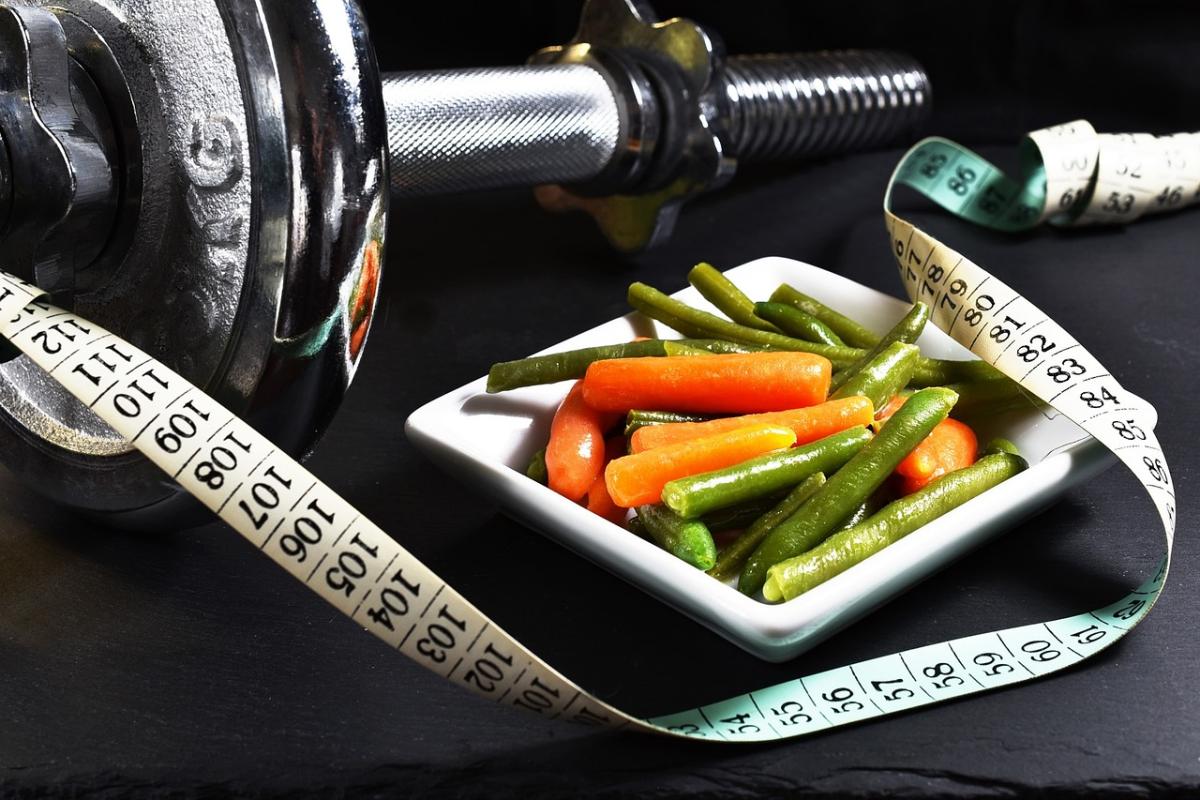If you’re looking to shed some pounds quickly, you’re in the right place! Here are some of the best diets that can help you reach your weight loss goals faster than you think.
The Keto Diet is super popular for a reason. It focuses on high fats and low carbs, putting your body into a state of ketosis. Basically, your body starts burning fat for energy instead of carbs. This could lead to quicker weight loss. Plus, it’s great for those who enjoy bacon, avocados, and cheese. Just keep an eye on those carb counts!
If you prefer something easier to follow, check out the Mediterranean Diet. It's not just a diet; it’s a lifestyle! This plan emphasizes whole foods, healthy fats, lots of veggies, and lean proteins like fish and poultry. It's enjoyable, satisfying, and studies show it helps with weight loss while promoting heart health.
The Intermittent Fasting approach is another solid option. This one doesn’t restrict what you eat, but when you eat. You can choose a pattern, like eating during an 8-hour window each day. It’s simple and can help boost metabolism. Plus, you'll probably end up eating fewer calories without feeling deprived.
Finally, the Whole30 Diet is a short-term commitment with big results. For 30 days, you eliminate sugar, alcohol, grains, dairy, and legumes. It helps retrain your body and can kickstart weight loss fast. It might be tough at first, but many feel energized and healthier afterward.
Sustainable Plans for Long Term Success
When it comes to losing weight, quick fixes are everywhere. But if you really want lasting results, you need a sustainable plan. Think of it like building a new lifestyle rather than just going on a diet. The goal is to find something you can stick with over the long haul while still seeing real progress.
Start by focusing on whole foods. Fill your plate with fruits, vegetables, lean proteins, and whole grains. These foods not only nourish your body but also keep you full longer. It’s way easier to skip the junk when you’re satisfied with what you eat. Plus, experimenting with new recipes can make meals fun instead of a chore.
Next up, let’s talk about portion control. You don’t have to say goodbye to your favorite foods. Instead, learn to enjoy them in moderation. Try smaller plates to help with serving sizes. This little trick can make a big difference in how much you eat without feeling deprived.
Don’t forget about movement! Incorporating physical activity into your daily routine can be as simple as taking a walk during lunch or trying out a new sport. Find something you love, and it won’t feel like a workout—it’ll feel like a good time. Staying active boosts your mood and helps with weight management, so make it part of your sustainable plan!
Balanced Meals That Keep You Full
Eating balanced meals is key when you're trying to lose weight and feel satisfied. You want meals that keep you full without piling on extra calories. Think about including a mix of proteins, healthy fats, and fiber-rich carbs. This combo will not only make you feel full but also help you avoid those pesky cravings.
Here are some ideas for meals that strike that perfect balance:
Remember, it’s not just about what you eat; it’s about balancing your plate. Keeping those hunger pangs at bay will help you stay on track with your weight loss goals without feeling deprived. Try mixing things up with different ingredients to keep your meals exciting and satisfying!
Tips for Sticking With Your Diet
Sticking to a diet can feel tough sometimes, but with a few simple strategies, you can make it a whole lot easier. Here are some tips that really work:
1. Set Realistic Goals
Instead of aiming for a huge weight loss in a short time, set smaller, achievable goals. It could be losing just 1-2 pounds a week. Celebrate those little victories; they add up!
2. Plan Your Meals
Planning your meals in advance saves you from last-minute choices you might regret. Take a little time each week to decide what you’ll eat. Having healthy snacks ready to grab will also keep you on track.
3. Keep a Food Journal
Writing down what you eat can help you stay accountable. Seeing your food choices in black and white makes it easier to recognize patterns and identify areas for improvement.
4. Don’t Skip Meals
Missing meals might seem like a good idea, but it usually backfires. You’ll end up hungry and more likely to snack on something unhealthy. Aim for three balanced meals and healthy snacks in between.
5. Find Support
Find friends, a family member, or an online group to share your journey. Support can give you that extra nudge when you need it. Plus, talking about your challenges can lighten the load!



